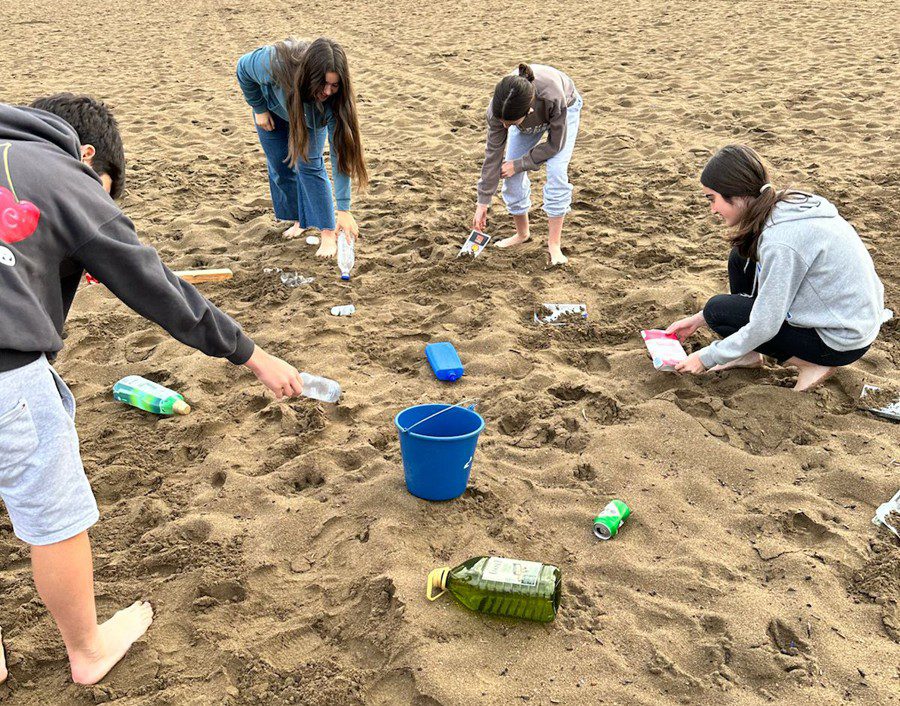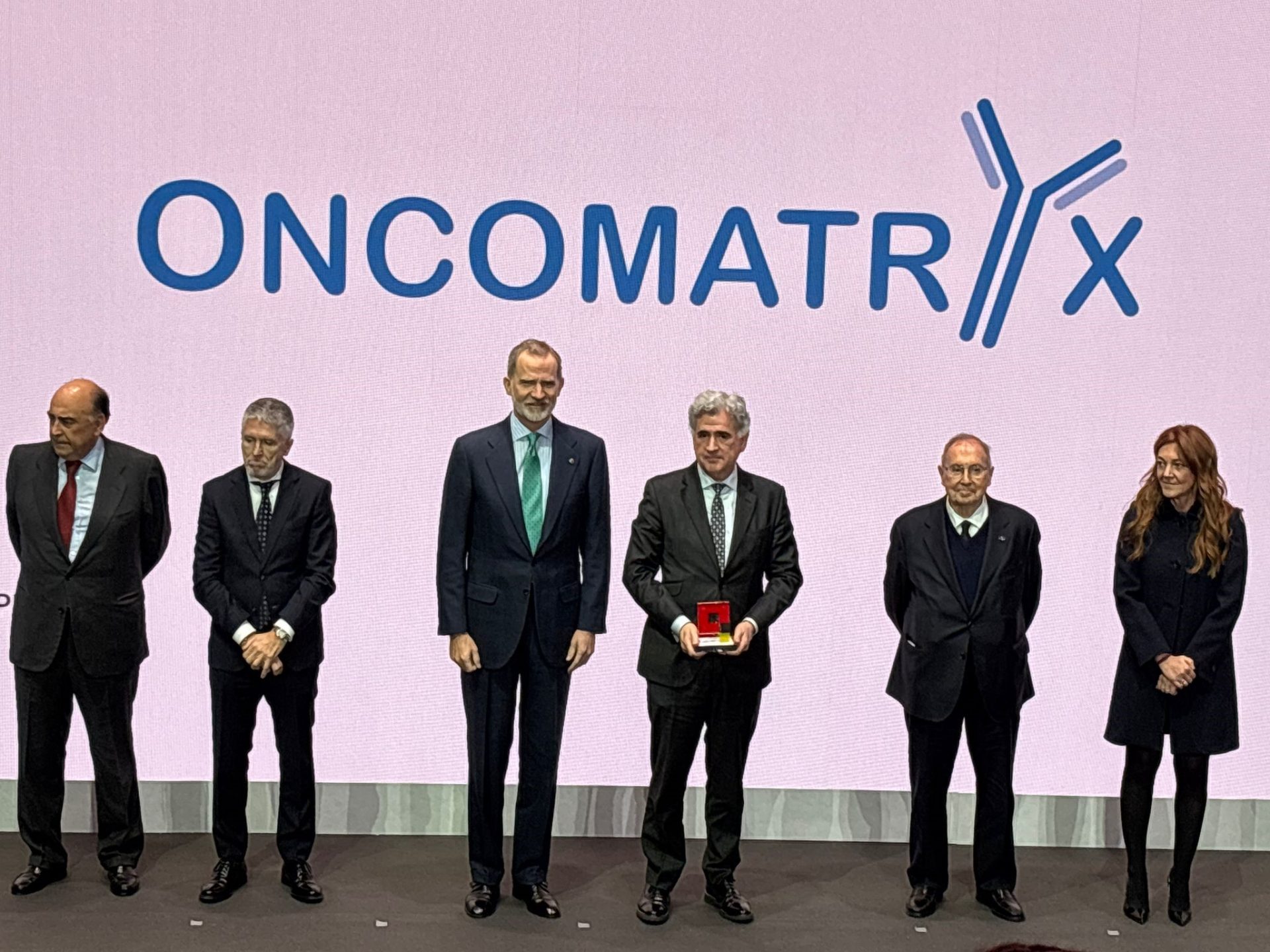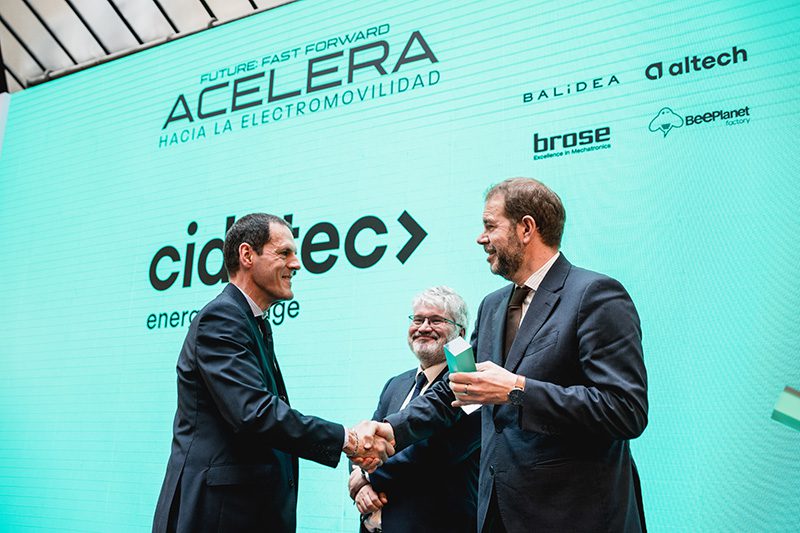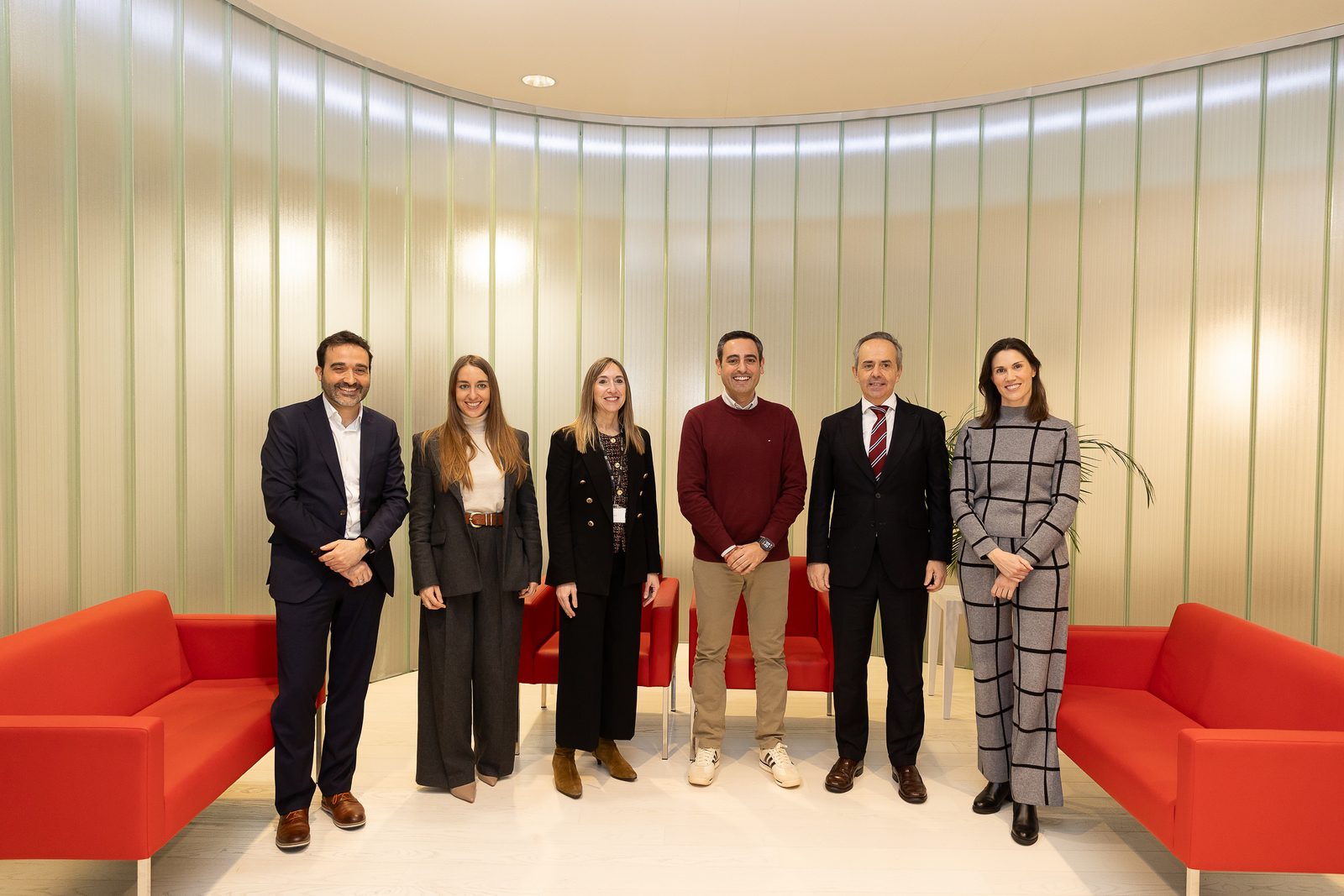Innovative practices to move towards a more sustainable sheep production
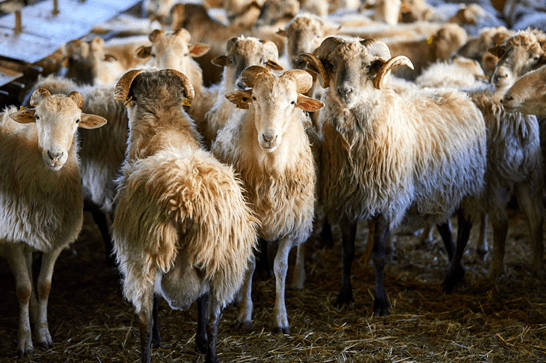
NEIKER technology centre presented the results of its plan to improve sustainability and reduce the carbon footprint of sheep farming, within the framework of the European LIFE GREEN SHEEP project
By combining different management patterns, it is possible to reduce the carbon footprint of sheep by 17%
LIFE GREEN SHEEP aims to boost sustainability in sheep flocks through the implementation of practices that improve efficiency, productivity and are more environmentally friendly
Greenhouse gas emissions come mainly from the consumption of fossil fuels. Therefore, virtually all human activities have an impact on climate change. In the case of livestock farming, greenhouse gas emissions, such as methane or carbon dioxide, come mainly from the digestive process of ruminants.
However, in addition to producing food, livestock farming contributes to positive impacts on the environment, as proper livestock and pasture management can contribute to climate change mitigation by improving soil health and fertility and increasing its capacity to store carbon. Therefore, there is an increasing need to implement practices that reduce environmental impact without compromising quality food production and animal welfare.
In this context, NEIKER technology centre, an entity dependent on the Basque Government’s Department of Food, Rural Development, Agriculture and Fisheries, held an open day this morning at its facilities in Arkaute (Álava) to present the results of the Low Carbon Action Plan that it is developing with its own flock within the framework of the European LIFE GREEN SHEEP project. This initiative seeks to promote sustainability in sheep production by improving efficiency, productivity, competitiveness and the reduction of greenhouse gas emissions and the implementation of more environmentally friendly practices.
The session, aimed at livestock farmers, technicians and other agents in the Latxa breed sheep sector, provided an insight into the practices being applied in the centre’s experimental flock, as well as the results obtained to date.
An expected reduction of 17%
The day began with a speech by Roberto Ruiz, head of NEIKER’s Animal Production Department, who gave an overview of the LIFE GREEN SHEEP project and detailed what the Low Carbon Action Plan applied to the Arkaute herd consists of.
“This plan is based on an assessment of the environmental impact of current management practices, with the aim of identifying and applying alternatives to reduce greenhouse gas emissions without affecting production performance. Although the initial objective was to reduce the carbon footprint by at least 12%, current estimates point to a reduction of 17%,” explained the researcher.
After this introduction, the attendees toured the centre’s facilities, where they were able to see how these measures are being applied in practice by the research team from NEIKER’s Animal Production Department.
Practical implementation in the field
During the visit, Lourdes Mintegi presented the characteristics of the NEIKER herd, its general management and production data, and Ina Beltrán de Heredia focused on practices to optimise reproduction. Idoia Goiri, for her part, showed the facilities and equipment used to measure enteric methane emissions, such as sniffer sensors, portable lasers and breathing chambers, which make it possible to record useful data to evaluate the effect of the practices implemented on gas emissions. She also presented the results obtained in different trials with antimethanogenic additives, which can be incorporated in cattle feed to reduce methane production during digestion.
Next, Nerea Mandaluniz shared the centre’s experience with rotational grazing, a practice that has been used at NEIKER since 2013. ‘We divide the plots into different sections so that the herd rotates between them, giving the grass a rest so that it can recover, maintain its regenerative capacity and reduce the need for fertilisers and other inputs’, the researcher highlighted.
Finally, Roberto Ruiz explained the use of the oilseed cake press, a system that allows cold pressing of seeds such as rapeseed, sunflower or linseed. This technology facilitates the substitution of soya or palm oil, which are usually used in the formulation of animal feed and which are imported, with local raw materials. This can help to reduce emissions associated with the transport and use of foreign ingredients, which are sometimes also associated with deforestation and therefore have significant environmental and social impacts in the countries of origin.
About LIFE GREEN SHEEP
LIFE GREEN SHEEP is a European project that aims to promote more sustainable and low-carbon sheep production systems. Led by IDELE, it brings together R&D&I teams and organisations from the sheep sector in five European countries: Spain, France, Ireland, Italy and Romania, which together account for 47% of European sheep meat production and 63% of sheep milk. At the national level, it is coordinated by NEIKER, with the participation of ITACYL (Castilla-León), Oviaragón (Aragón) and Lurgintza (Euskadi).
The initiative, which began in 2020, aims to reduce the carbon footprint per kilo associated with the production of meat or milk from sheep by at least 12%. To this end, carbon footprint assessment tools are designed and specific action plans are implemented in real livestock farms, adapted to their production and environmental conditions.
